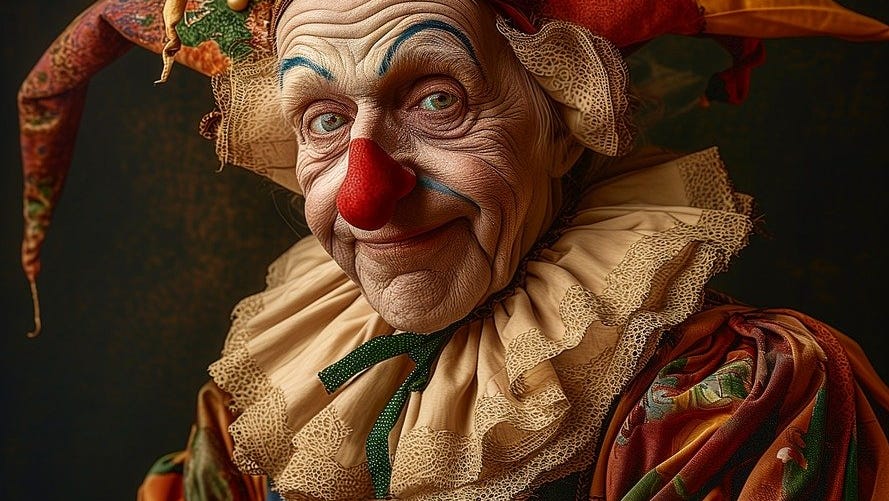
Playing pranks and tricks is a long-standing custom, offering numerous ways to jest with your loved ones, whether by intertwining their shoelaces or filling a closet with balloons. However, one day stands out as a tribute to pranksters and jesters worldwide: April Fools’ Day, celebrated on April 1, providing an opportunity for playful antics. Although the holiday has ancient roots, the official genesis is an intriguing tale.
Exploring the Origins of April Fools’ Day
April Fools’ Day, observed annually on April 1, has murky beginnings, with historians often linking its inception to the year 1582, as reported by the History Channel and the Library of Congress. During this period, France transitioned from the Julian calendar to the Gregorian calendar. In the Julian calendar, the new year commenced around the spring equinox, typically falling in early April. Conversely, the Gregorian calendar marked the new year’s beginning on January 1.
In France, many remained oblivious to the calendar shift and persisted in celebrating the new year from the end of March to April 1. These individuals unwittingly became targets of pranks and jests, earning them the moniker “April fools,” according to the History Channel. Some theories suggest a connection between April Fools’ Day and the Roman festival of Hilaria, a joyous celebration at the end of March where participants donned disguises and played tricks on townsfolk in honor of the goddess Cybele.
The Significance of the Name and Date
While the formal establishment of April Fools’ Day is often attributed to the 1580s, the concept of playing pranks on this day was referenced earlier. In a 1561 Flemish poem by Eduard De Dene, a servant sent on fruitless errands on April 1 realizes he has been made a fool, coining the term “fool’s errands.” John Aubrey’s 1686 work mentions “Fooles Holy Day” on April 1, solidifying the association with pranks and jests.
Traditional April Fools’ Day Pranks
One prevalent April Fools’ tradition is the “April fish,” originating from the French “poisson d’avril.” This prank involves affixing paper fish to someone’s back, symbolizing gullibility due to the fish’s supposed ease of capture. In Scotland, April Fools’ Day extends over two days: “Gowk Day,” featuring pranks related to the gawk or cuckoo bird symbolizing foolishness, and “Tailie Day,” characterized by practical jokes like pinning tails or “kick me” signs on unsuspecting individuals.
Delve Deeper into Curiosity
For those intrigued by more fascinating inquiries, USA TODAY delves into a myriad of common questions, from historical trivia to state-specific facts. Explore our Just Curious section for a diverse array of enlightening answers to everyday curiosities.
